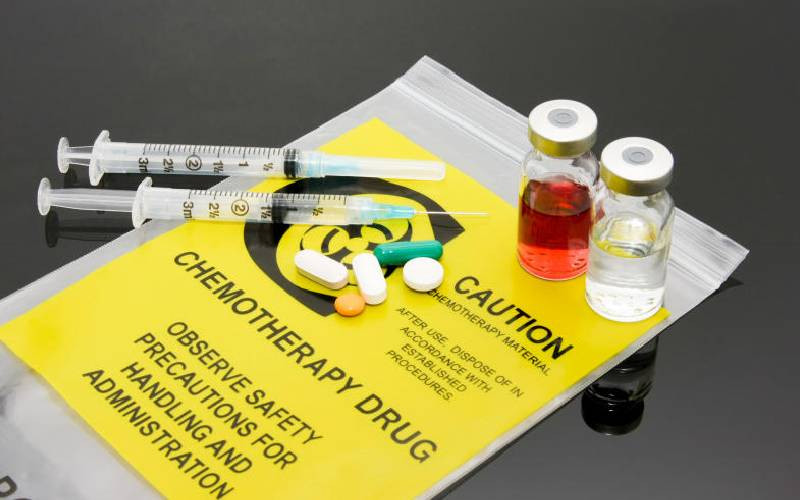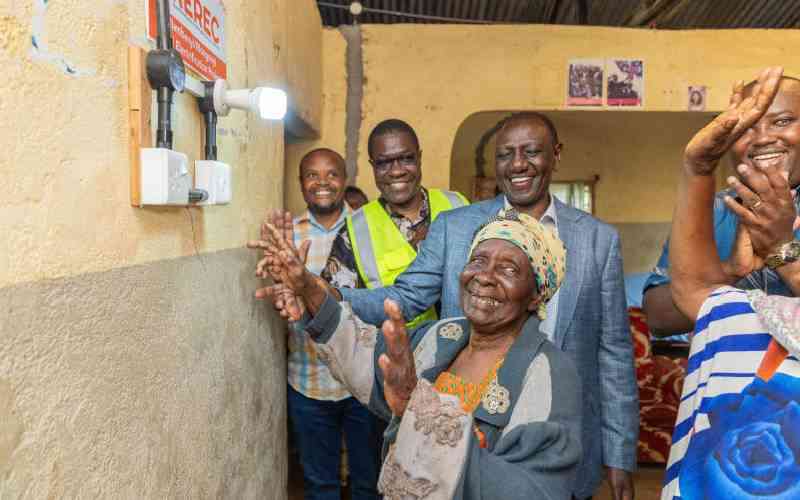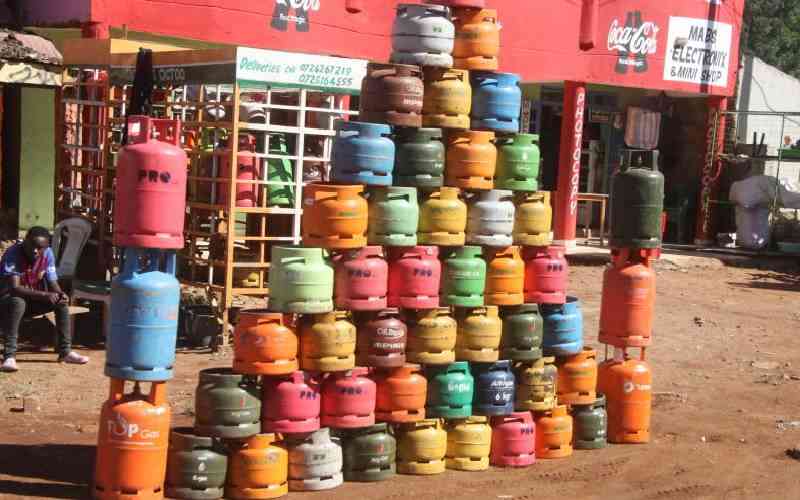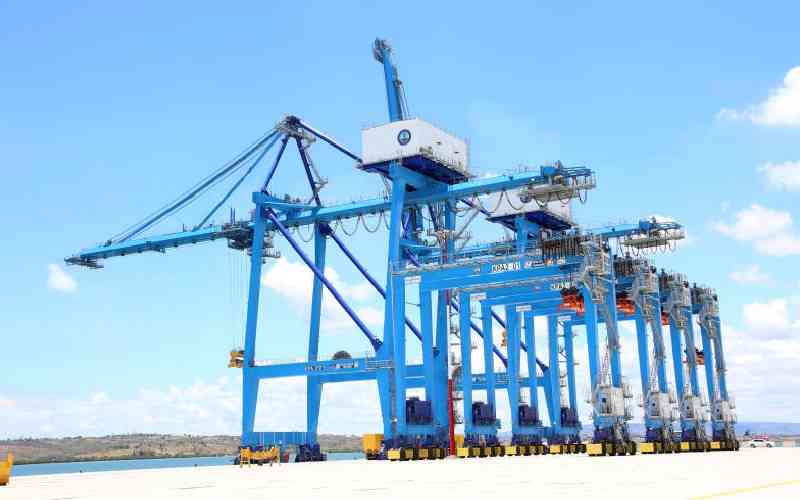
Over the last decade, non-communicable diseases have overtaken communicable diseases as leading causes of death worldwide with cardiovascular diseases being at the top. However, in a disturbing recent change, cancer related deaths have overtaken cardiovascular diseases to be the second cause of death, according to the National Cancer Institute of Kenya. Kenya now records more than 44,000 new cancer cases with over 29,000 deaths yearly. This is worrisome especially considering the prohibitive cost of cancer treatment, limited infrastructure and human resources for diagnosis and treatment of cancer in Kenya.
Between 50 to 60 per cent of all cancer patients receive cancer drugs at some point in their treatment. Patients taking medication should be able to count on two things. First, the medication will contain the active ingredient in the dosage claimed on the label. Second, that the medication is free of contamination or adulteration and was stored properly before it was given to them. The recent findings reported in The Lancet Global Health that revealed 14 to 24 per cent of anticancer drugs collected from public and private hospitals in sub-Saharan Africa failed to meet international pharmaceutical standards are not just concerning but a call for action by all concerned stakeholders
In the study, some of the drugs had too little or too much of the main ingredient also called the active pharmaceutical ingredient — ranging from as low as 28 per cent leading to under-dosing the patients and the danger of development of drug resistance to as high as 120 per cent of what was supposed to be in the anticancer drug posing a risk of serious adverse drug reactions and toxicity to the patients. To bring this into perspective, as opposed to the 28 to 120 per cent found in the study, the recommended ranges for the main ingredient should be between 90 to 110 per cent to ensure effectiveness of the cancer drugs.
There are various circumstances that expose patients to poor-quality and unsafe medicines. One of the most common causes is stock-outs or lack of these cancer medicines, especially the immune therapies and targeted therapies in cancer centres due to various logistical challenges. This may force the patients to seek medications from unregulated sources, potentially acquiring counterfeit or substandard products.
Patients often import cancer drugs, especially targeted therapies, due to local stockouts or perceived local cost concerns—often without verifying the source. Proper storage of drugs and their transportation while ensuring good temperature control with validated supply chain methods are essential for maintaining the quality of the cancer drugs. Oncology pharmacists play a key role in overseeing this.
While we strive to ensure that there is access to medication for our patients, it is also crucial that the medicines that we get to patients are safe and of acceptable quality. Both these scenarios (overdosing and under-dosing) may force the patients to incur additional costs due to ineffective treatment, the need to purchase replacement medications or costs incurred in managing severe toxicities. They also pose a risk of treatment failure, which can lead to further serious illness or even death for the patient and hence is an issue that needs to be addressed urgently.
In this respect, the role of pharmacovigilance cannot be underscored. Pharmacovigilance, or more commonly known as PV, are the activities that relate to the detection, assessment, understanding and prevention of adverse effects or other drug related problems. While this is commonly led by pharmaceutical practitioners, patient self-reporting is also important. The pharmacy and Poisons board (PPB) has an online self-reporting portal and short code (#271#) that patients can use for this purpose.
Provision of safe, efficacious and affordable health products and technologies requires concerted effort by all stakeholders. Pharmacists and pharmaceutical technologists play a crucial role in ensuring safe and efficacious medicines are sourced and distributed to patients. Oncology pharmacy staff address aspects within the medicines use process from procurement, influences on prescribing, preparation and delivery, administration, monitoring of medicine use and human resources training and development as outlined by the international pharmaceutical federation in the Basel consensus statements.
The role of the Pharmacy and Poisons Board (PPB) of Kenya cannot be overemphasised. PPB provides guidance on acceptable health products and technologies to be used in the country and acts as the regulator in ensuring products registered for use have passed through the strict regulatory process outlined by the PPB. All healthcare institutions have a responsibility to ensure that products procured and dispensed or administered to patients are traceable through the channels set up by the PPB.
The launch of the Universal Health Coverage (UHC) was meant to ensure that all Kenyans have access to quality healthcare services, promoting equitable access and reducing health disparities, hence create a more resilient economy. To mitigate these risks, Kenya’s health system must prioritise cancer care under the UHC framework. This includes strengthening supply chain procurement systems, improving oversight, and ensuring consistent access to safe, efficacious and affordable cancer medicines.
Ensuring the safety and quality of cancer medicines is not a luxury—it is a life-saving imperative.







